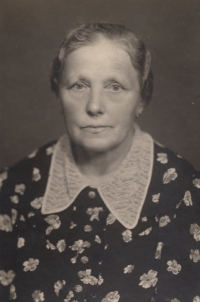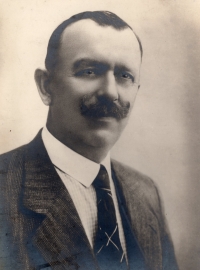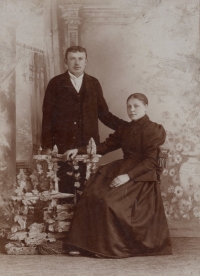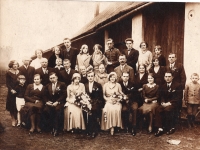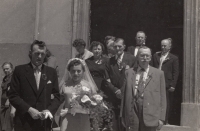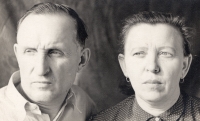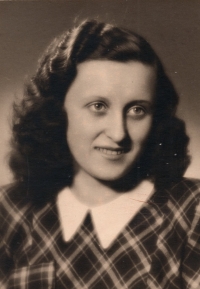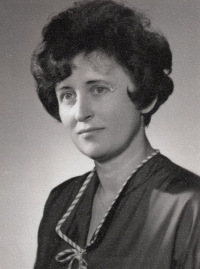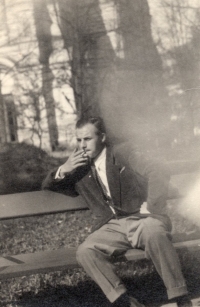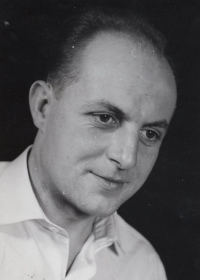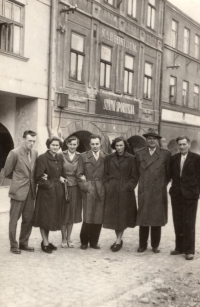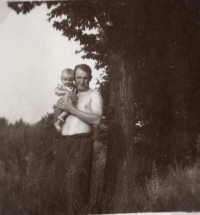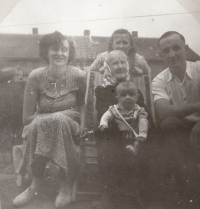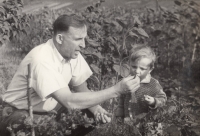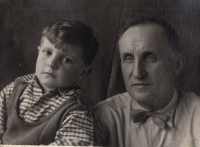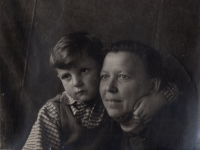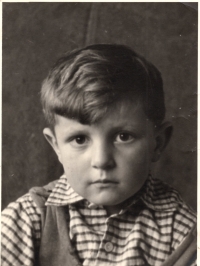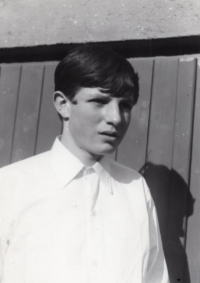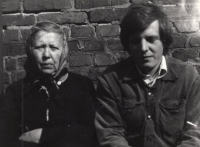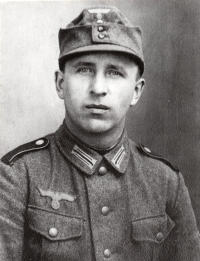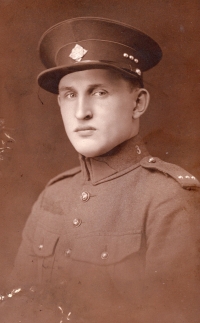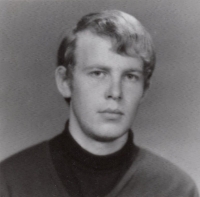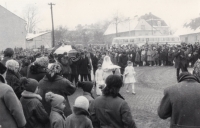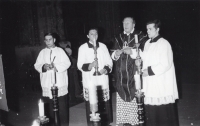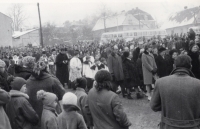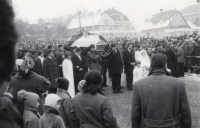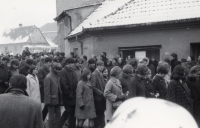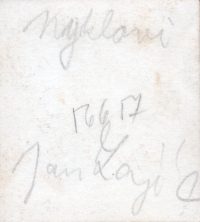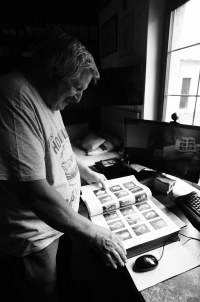Jan Zajíc remained in my heart, but I did not feel worthy of his legacy
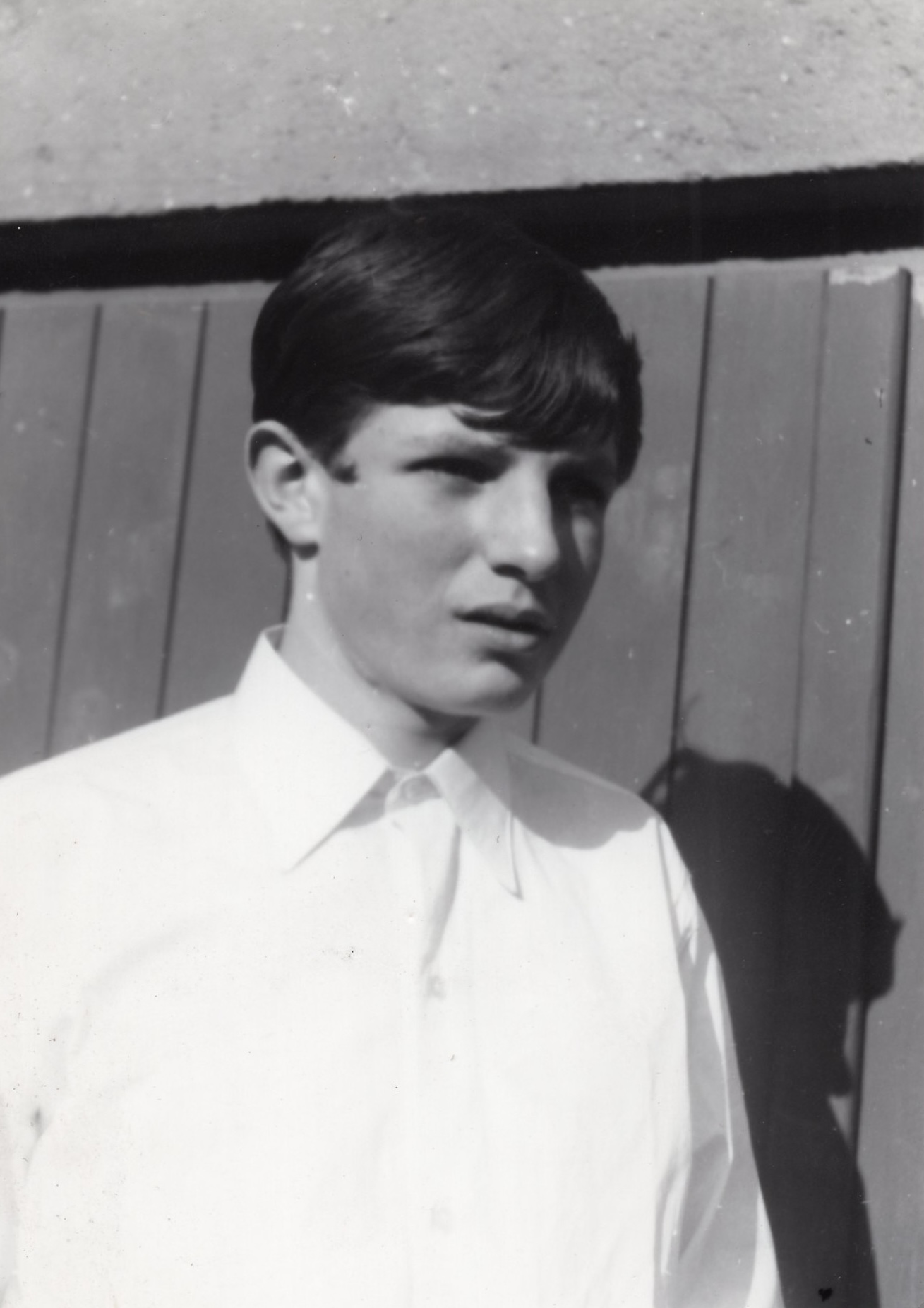
Stáhnout obrázek
Jan Nykl was born on 24 February 1953 in the hospital in Ostrava-Zábřeh. His grandfather Josef Rapač declared his German nationality during the war. After the liberation he was interned in the Urals. Jan Nykl‘s parents came from Ostrava. His father worked first in the Ostrava brewery and later in the automation plant of the Ostrava-Karviná Revír (OKR). His mother trained as a weaver in Ústí nad Orlicí. In September 1968 Jan Nykl entered the Secondary Railway and Secondary Industrial School in Šumperk. There he met Jan Zajíc, who decided to follow the example of Jan Palach and set himself on fire in the passageway of house No. 39 on Wenceslas Square on 25 February 1969. Jan Nykl accompanied him on that Tuesday morning, hoping to talk him out of the act. Subsequently, after Zajíc‘s self-immolation, Jan Nykl faced an investigation for the crime of assisting suicide. In April 1969, the investigation was dropped. In order to finish his studies, he was forced to become a founding member of the Socialist Youth Union (SSM). Eventually, in 1971, the witness transferred to Breclav, where he completed his education with a high school diploma. After school he entered military service. As an „ajznboňák“ (Railwayman) he had it shortened to five months. In 1974 Jan Nykl got a job at the Ostrava Locomotive Depot. In December 1983 he witnessed the deployment of nuclear weapons carriers in Czechoslovakia. After 1989, he joined the Frýdek-Místek Locomotive Depot, where he stayed until 2013. In 2024 he lived with his wife in the village of Janovice-Bystré.
